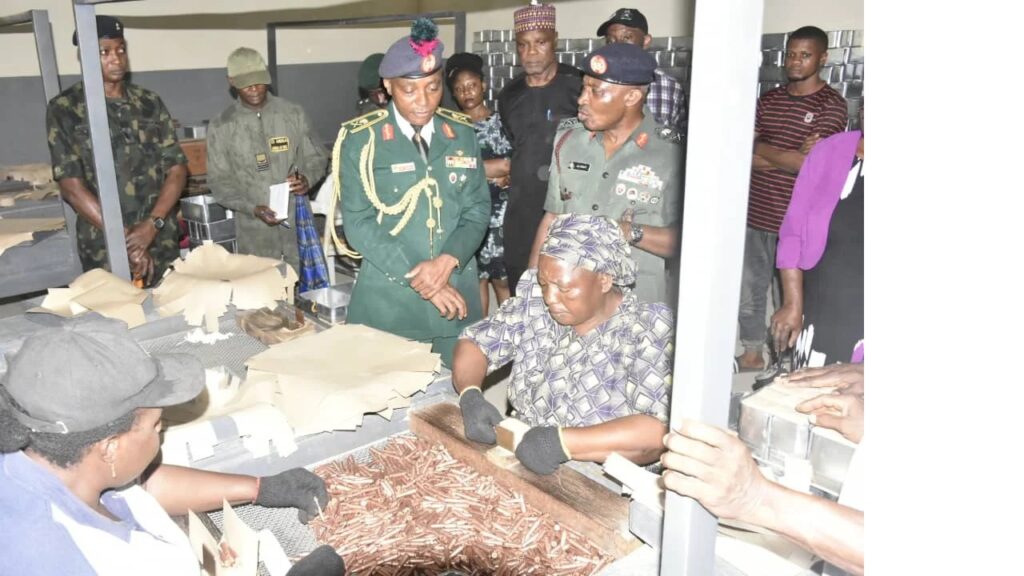
The Federal Government, yesterday, made a case for standardization and certification of skilled labourers for service delivery and end to quackery in the country.
This comes as the National Board for Technical Education (NBTE) and the National Power Training Institute of Nigeria (NAPTIN) collaborated on an e-learning and certification process.
While about 90 per cent of the population is in the informal sector, with only about five per cent in formal employment, the stakeholders noted that improving the quality of skilled labour remains avoidable.
They noted that the shift in job demand has created new opportunities for individuals, who seek to enhance their skill sets and pursue careers in fields that are in high demand.
Speaking at the launch of the NBTE Assessor E-Learning Training Platform, NBTE’s Executive Secretary, Prof. Idris Mohammed Bugaje, stressed the need to certify, raise standards and introduce quality assurance in skilled labour in Nigeria.
He insisted that the e-learning training platform is a step towards creating a more organised and qualified workforce in the country.
According to him, Nigeria has 3,000 assessors, which is relatively lower compared to other African countries like Ethiopia that have 37,000 assessors.
Director-General, NAPTIN, Dr. Bolaji Ahmed Nagode, said the platform is flexible both for learners and providers, signifying “a significant step in our path to achieving excellence in vocational education.”
IN a related development, Minister of Housing and Urban Development, Ahmed Musa Dangiwa, has urged the re-constituted council members of the Architects Registration Council of Nigeria (ARCON) to promote ethical standards and implement strategies to prevent building collapses across the federation.
During their inauguration in Abuja, Dangiwa emphasised accountability and transparency within the profession, especially in light of losses of lives and resources.
The minister underscored the pivotal role of ARCON in regulating the architectural landscape since its establishment in 1969.
Besides, the Minister of Steel Development, Shuaib Abubakar, has confirmed that Nigeria spends about $8 billion to import steel yearly.
He said it has become necessary for the Ajaokuta Steel Company to work.
The minister disclosed during an interactive session with the House of Representatives Committee on Steel Development in Abuja yesterday.
He said with current innovations, the facility could be revived collaboratively.
On the $2 billion being requested to revive the moribund steel company, the minister revealed that it is just a preliminary calculation.













